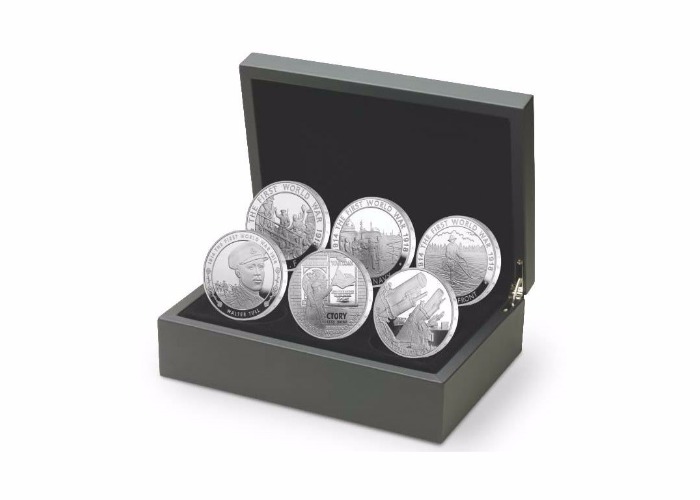Commemorative coins: are they legal tender and what are they worth?

Commemorative coins are issued to mark all sorts of landmark occasions, but are they actually worth anything?
The Royal Mint regularly releases special coins to commemorate significant events, such as the Diamond Jubilee or birth of Prince George. But are these commemorative coins actually worth anything?
The Daily Mail recently told the story of Rod and Yvonne Henkun, who were horrified to discover they couldn’t exchange the commemorative coin collection their family had built over generations for cash at their local bank.
They had hoped to cash in the coins and open a savings account for their grandsons. But their bank refused to exchange the coins for their cash value.
As a result, the coins were branded worthless by the paper.
Legal tender?
But that isn’t actually the case. Commemorative coins have a value, just not one you can use in the shops or banks.
These special coins are legal tender, but people mistakenly think that means they can use them like any other coin.
Jenny Manders of the Royal Mint explains that there can sometimes be a misunderstanding about the definition of 'legal tender'. It does not actually mean that the coins can be accepted by banks, shops and businesses for cash transactions.
She added: “As set out by law, all UK coins made by The Royal Mint are classed as legal tender, whether commemorative or circulating. Legal tender allows UK coins to be accepted for payment of debts in court, but only circulating legal tender coins are designed to be spent and traded at businesses and banks.”
Earn 5% interest from your current account
How can you cash in commemorative coins?
As they are not circulating legal tender, banks and building societies have never been obliged to accept commemorative coins. Some banks may accept them at their own discretion, but in truth it remains somewhat unlikely.
If you really want rid of your commemorative coins, you can cash them in at large Post Offices.
“Commemorative crown pieces with a face value of £5 (1990 onwards), 25p (1971-1990) or five shillings (pre-1971) in circulating coin quality can be exchanged for goods and services at main Post Offices,” says Manders.
But before you head to the Post Office counter, get your coins valued. Some rare coins could be worth far more than their face value if you sold them to a collector.
“The value of a commemorative coin – that is, non-circulating coins – is as a collectable item. They are treasured for their aesthetic and collectable or rarity value,” says Manders.
You can find a list of reputable coin dealers on the British Numismatic Trade Association website.
Earn 5% interest from your current account
Be better off with loveMONEY:
Act now to beat the stamps price rise
The most rewarding credit cards
Comments
Be the first to comment
Do you want to comment on this article? You need to be signed in for this feature